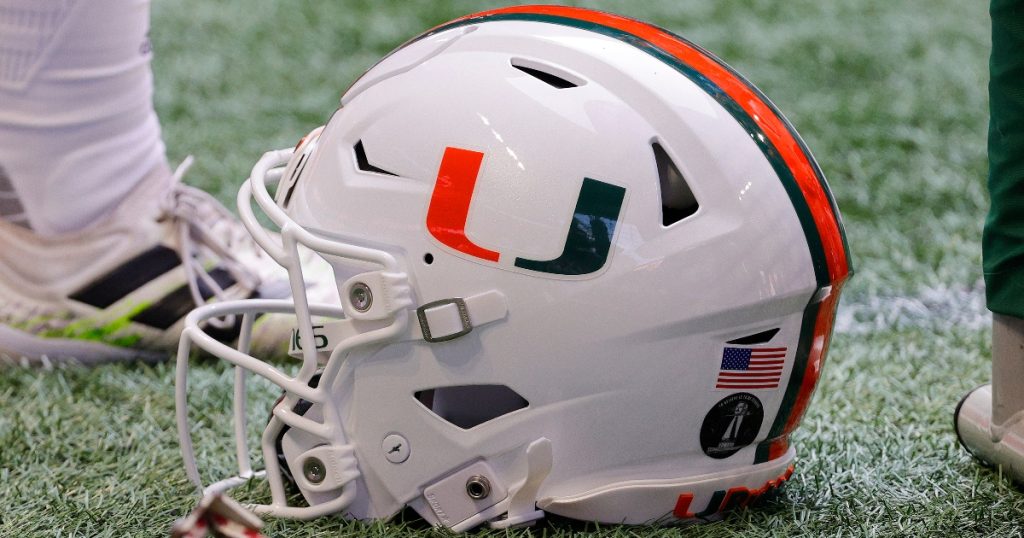There’s a buzz in the college football world, especially after Penn State coach James Franklin made a bold suggestion: what if we had a commissioner for college football? And not just any commissioner—he proposed Nick Saban, the legendary Alabama coach. Franklin believes that we need someone who is dedicated to the sport, someone who wakes up and goes to bed thinking about what’s best for college football. But is Saban the right choice for such a pivotal role?
The Wealth of Nick Saban
To understand the context of this discussion, let’s take a look at Nick Saban’s impressive financial standing. Reports suggest that his net worth is around $70 million. Recently, he made headlines by purchasing a stunning mansion in Florida for $17.5 million. This indicates that the initial estimate of his wealth might be on the conservative side. Saban has built his fortune primarily through his coaching career, a career that has been incredibly successful by traditional standards. However, this raises questions about whether someone with his background is suited to navigate the complexities of college football today.
The Role of a Commissioner
Franklin’s call for a commissioner reflects a desire for someone to take charge and implement meaningful changes in college football. But let’s pause for a moment—what does a commissioner really do? The power of a sports commissioner has often been overstated. Take Roger Goodell, for instance. He doesn’t dictate what NFL owners must do; rather, he serves as an administrator. Many positive changes have occurred under his leadership, but they were achieved through collaboration, not authoritarian commands.
So, what does this mean for college football? If Saban were to take on such a role, would he have the authority to make sweeping changes? The reality is that many of the changes fans want to see are already happening, thanks to legal rulings that have transformed the landscape of college athletics. We now have a legitimate championship playoff system and players are beginning to receive financial compensation for their efforts.
Challenges Facing College Football
However, there are still significant challenges. For instance, the transfer portal has created complications, especially with the timing of the college football postseason. As fall semesters conclude, the College Football Playoff and bowl season kick off, leading to a collision of schedules. A commissioner, even with unilateral powers, would struggle to address these issues unless there’s a fundamental shift in how college football is structured.
Moreover, Franklin highlighted the scheduling imbalance between conferences. The Big Ten and Big 12 are playing nine conference games, while the SEC and ACC are sticking with eight. This discrepancy could be addressed by the College Football Playoff committee, which could incentivize teams to play more Power 4 games.
Conference Championship Games: A Necessary Evil?
Franklin also proposed eliminating conference championship games, arguing that they serve mainly as revenue generators. This idea, however, raises eyebrows. In a league with 16 or 18 teams, the conference championship game plays a crucial role in determining the conference champion, which is vital for securing a spot in the College Football Playoff. Without these games, how would we fairly establish who deserves to compete at the highest level?
This brings us to a critical point: many ideas circulating about the future of college football may not be well thought out. While Franklin has vast experience in the sport, even seasoned professionals can propose questionable solutions.
The Future of College Football
Looking ahead, college football stands at a crossroads. The sport could benefit from visionary leadership to guide it toward a promising future. However, there are existential threats looming on the horizon. Some media voices suggest a future where only the most powerful programs remain, reducing college football to a select few teams akin to an NFL-lite scenario.
This would be a disastrous move for the sport. Imagine the backlash from fans of the hundreds of teams that would be left out. Would the fans of the elite programs be willing to accept a season filled with losses? It’s hard to believe they would.
Can a Commissioner Make a Difference?
Would a commissioner like Saban be able to prevent such a scenario? The answer is likely no. Even if he were in a position of power, there’s no guarantee that he would advocate for the inclusivity that many fans desire. After all, what do we truly know about Saban’s views on the future of college football? Is he committed to preserving the sport’s rich traditions, or is he more focused on maintaining the status quo that has benefited him throughout his career?
In the end, the discussion surrounding a commissioner for college football is complex and layered. While the idea of having a central figure to guide the sport is appealing, the reality is that the challenges are multifaceted and require more than just one person’s vision. The future of college football depends on collaboration, understanding, and a willingness to adapt to the changing landscape of the sport. As fans, we can only hope that the right decisions are made to ensure that college football remains vibrant and inclusive for years to come.





























